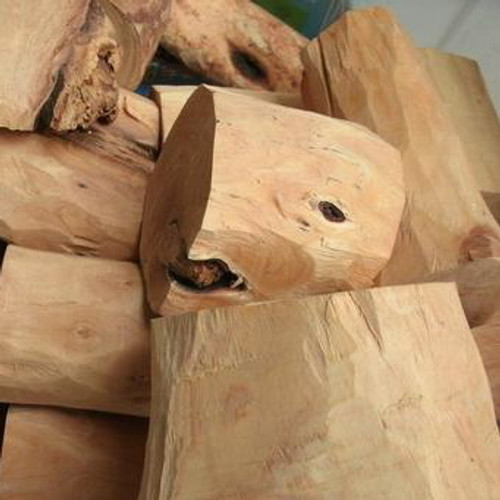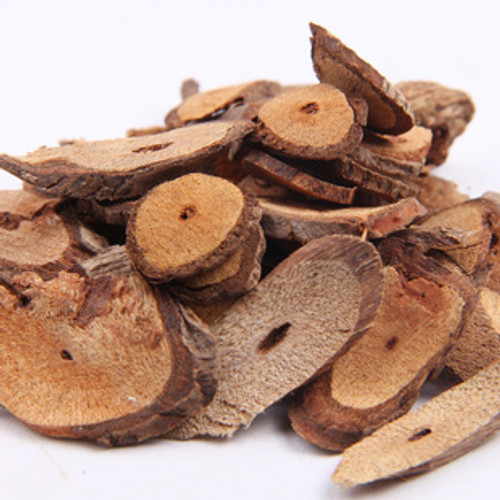Product Overview
Parts used: Dried fungus
TCM category: Tonic herbs for Yin Deficiency
TCM nature: Neutral
TCM taste(s): Sweet
Meridian affinity: Stomach Kidney Lung
Scientific name: Tremella fuciformis
Other names: Snow Fungus, Silver ear fungus or White jelly mushroom
Use of snow ear mushrooms (Bai Mu Er) in TCM
Please note that you should never self-prescribe TCM ingredients. A TCM ingredient is almost never eaten on its own but as part of a formula containing several ingredients that act together. Please consult a professional TCM practitionner, they will be best able to guide you.
Preparation: Remove impurities, wash, soak in water and dry.
Dosage: 3-9 grams
Main actions according to TCM*: Nourishes Yin of the Lung and Stomach. Moistens the Lungs and promotes the generation of Fluids
Primary conditions or symptoms for which snow ear mushrooms may be prescribed by TCM doctors*: Coughing Fatigue Bloody sputum
Contraindications*: This is a very safe ingredient and can be eaten freely as food.
Common TCM formulas in which snow ear mushrooms are used*:
For lung abscesses combine snow ear mushrooms with lily bulbs (Bai He) and glehnia roots (Bei Sha Shen).
Key TCM concepts behind snow ear mushrooms (Bai Mu Er)'s properties
In Traditional Chinese Medicine (TCM), snow ear mushrooms are plants that belong to the 'Tonic herbs for Yin Deficiency' category. Tonic herbs are used for patterns of Deficiency, when one lacks one of the 'Four Treasures' (Qi, Blood, Yin and Yang). Yin tonics have a heavy, moist nature. They either nourish the Kidneys and Liver or moisten the Lungs and Stomach. Extreme Yin Deficiency often translates into a 'burn-out', unfortunately more and more common among people today. It is worth mentioning that another great remedy against Yin Deficiency is a lot of rest and sleep; no herb will ever be able to replace this!
Furthermore snow ear mushrooms are plants that are Neutral in nature. This means that snow ear mushrooms typically don't affect the balance in your body. Balance between Yin and Yang is a key health concept in TCM. Eating too many "Hot" (Yang) ingredients can lead to an imbalance whereby one has a Yang excess. The inverse is true as well: too many "Cold" (Yin) ingredients can lead to a Yin excess. The Neutral nature of snow ear mushrooms means that you don't have to worry about that!
Snow ear mushrooms also taste Sweet. The so-called "five elements" theory in Chinese Medicine states that the taste of TCM ingredients is a key determinant of their action in the body. Sweet ingredients like snow ear mushrooms tend to slow down acute reactions and detoxify the body. They also have a tonic effect because they replenish Qi and Blood.
The tastes of ingredients in TCM also determine what organs and meridians they target. As such snow ear mushrooms are thought to target the Stomach, the Kidney and the Lung. In TCM the Stomach is responsible for receiving and ripening ingested food and fluids. It is also tasked with descending the digested elements downwards to the Small Intestine. The Kidneys do not only regulate the urinary system but also play a key role in the reproductive system and the growth and aging process of the body. In addition to performing respiration, the Lungs are thought to be a key part of the production chain for Qi and the body fluids that nourish the body.
Use of snow ear mushrooms (Bai Mu Er) as food
Snow ear mushrooms are also eaten as food. It is used as an ingredient in dishes such as Snow ear mushrooms soup with jujube dates.










